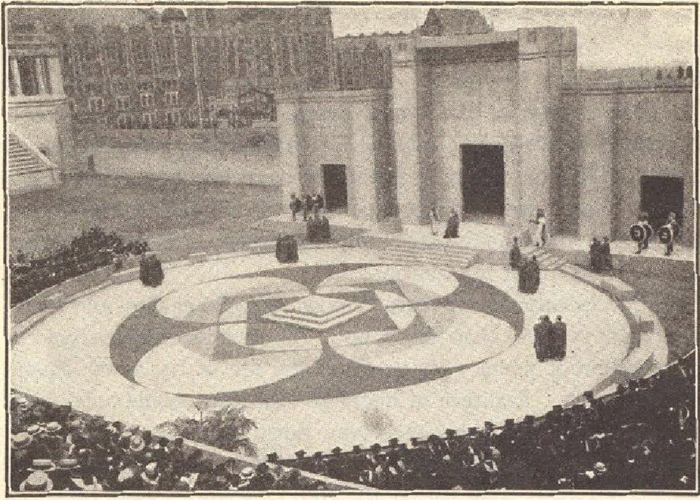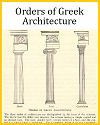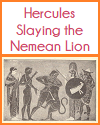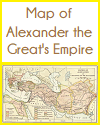Modern production of a play of Euripides. The chorus in the old Greek play was a company of singers who both took part in the action and served as interpreters of it to the audience. They are represented in the picture by the groups in dark robes standing in the circular space of the orchestra around the altar. The part of the chorus gradually decreased in importance as the number of actors was increased. The stage or scene was always very simple in structure. The picture is from The Trojan Women, as presented in the Stadium at the College of the City of New York in 1915. Click here to enlarge.
The Trojan Women is a Greek tragedy written by the playwright Euripides, likely in 415 BCE. It is a powerful and poignant play that explores the aftermath of the Trojan War and the suffering of the women who survived the fall of Troy.
Plot: The play is set in the immediate aftermath of the Trojan War, with the city of Troy having been sacked and destroyed by the Greek forces. The women of Troy, including Queen Hecuba, Cassandra, and Andromache, have become captives and slaves of the victorious Greeks. The play revolves around the fates and sorrows of these women.
Themes:
- War and Its Consequences: The central theme of the play is the devastating impact of war, particularly on innocent civilians. The Trojan Women vividly portrays the suffering and grief experienced by the women who have lost their homes, families, and freedom due to the war.
- Fate and Gods: The play also delves into themes of fate and the capriciousness of the gods. The characters grapple with the belief that their suffering is the result of divine will, which raises questions about the morality of the gods.
- Patriarchy and Power: The Trojan Women highlights the power dynamics and the vulnerability of women in a patriarchal society. The women are left powerless and subject to the whims of their male captors.
Characters:
- Hecuba: The former queen of Troy, Hecuba is now a captive. Her character embodies the grief and despair of a mother who has lost her family and kingdom.
- Cassandra: The daughter of King Priam and a prophetess cursed by Apollo. Her prophecies are never believed, and her character reflects the theme of powerlessness in the face of destiny.
- Andromache: The widow of Hector, Troy's greatest hero. She faces the grim prospect of becoming a slave to the son of Achilles.
- Menelaus: The Greek king who seeks to take Helen, his wife, back to Greece. His actions are a source of tension and conflict in the play.
Significance: The Trojan Women is considered one of Euripides' most powerful and emotionally charged works. It stands out for its intense portrayal of the suffering and resilience of women in the midst of war and tragedy. The play's themes and characters have resonated across the centuries, making it relevant in discussions of the human cost of conflict and the plight of the marginalized.
Euripides' The Trojan Women remains a significant work in the canon of Greek tragedies, offering a poignant and timeless exploration of the human condition and the consequences of war.
|















